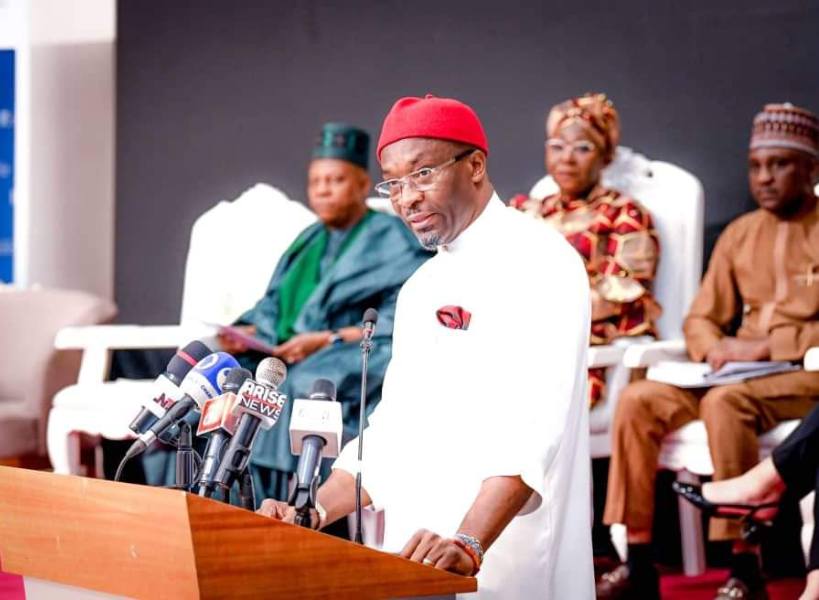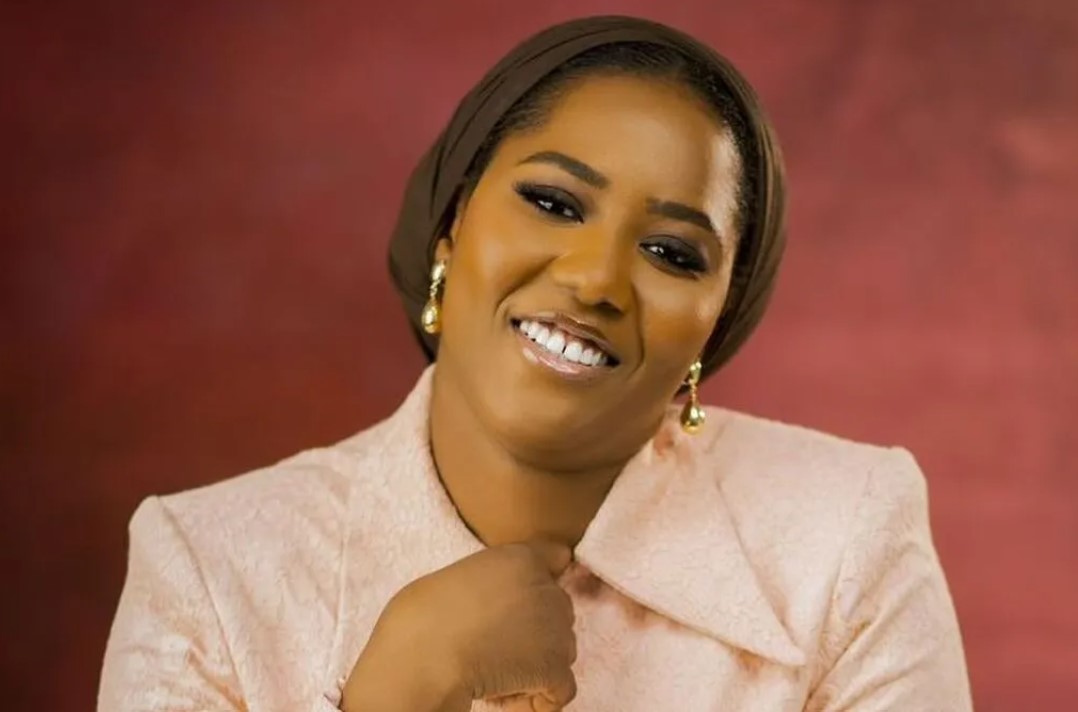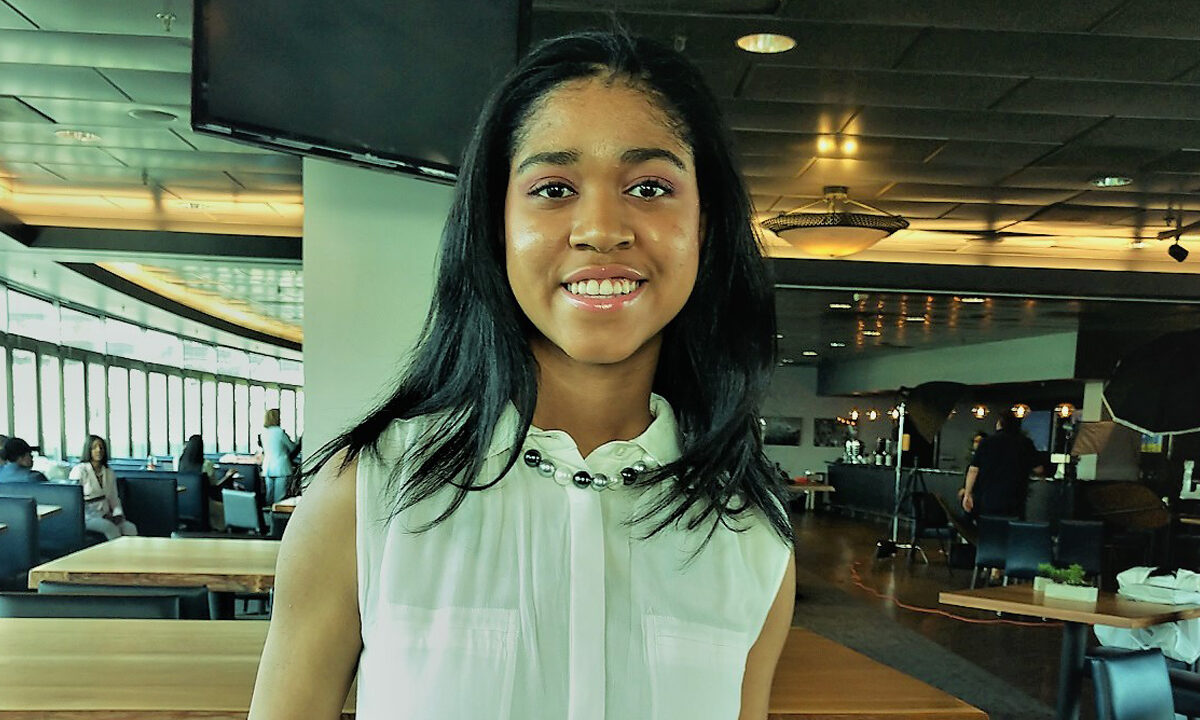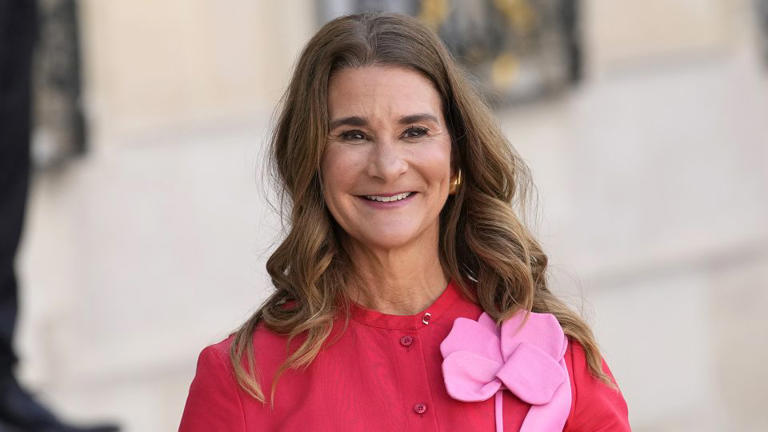Nigerian Lawmakers to Address Gender Inequality, Says Deputy Speaker
- Uncategorized
- No Comment
- 201
Kalu assured Nigerian women that equality with their male counterparts would be possible despite glaring challenges.

The Deputy Speaker of the House of Representatives, Benjamin Kalu on Thursday said it would address challenges faced by women while also working tirelessly to create a more inclusive and equitable society.
He assured Nigerian women that equality with their male counterparts would be possible despite glaring challenges.
The lawmaker also promised them that issues including limited opportunities for education and employment, gender-based violence, unequal access to healthcare and political representation would be addressed to create a more inclusive and equitable society for all.
Kalu, represented by his Senior Legislative Aide, Dr. Lilian Agbazue, expressed the optimism in Abuja during the inauguration of a new national executive of the League of Women Voters of Nigeria.
At the event, the national President of NILOWV, Irene Awunah Ikyegh, said women have been neglected or isolated through some barriers.
The Deputy Speaker said, “By amplifying their voices, the league help bridge the gender gap and propel our society towards greater gender equality. We must recognize that the challenges faced by women in Nigeria are multifaceted. They range from limited opportunities for education and employment, to gender-based violence to unequal access to healthcare and political representation.
“The House of Representatives will address these challenges head-on, working tirelessly to create a more inclusive and equitable society for all. Through education, advocacy, and community engagement, this league will empower women to take charge of their own destiny. It will encourage women to run for political office, participate in policy -making processes, and actively contribute to the development of our nation.
“Together, we can create a Nigeria where women’s rights are upheld, gender equality a reality, and the voices of all citizens are heard and valued. The House of Representatives in Nigeria recognizes the importance of creating more access or women in the legislative process.
“To this end, the House has undertaken several initiatives to review laws and sections of the constitution, gender-sensitive legislation, affirmative actions, legislative advocacy, and public consultations. The House is working tirelessly towards fostering a more inclusive and empowering legislative environment for women.
“Nigeria, as a diverse and vibrant nation, thrives when all its citizens have the
opportunity to contribute their unique perspectives and talents. The League of Women Voters of Nigeria has played a crucial role in ensuring that women’s voices are heard, their concerns are addressed, and their contributions are acknowledged and valued.
“Unarguably, this league stands as a platform for women from all walks of life to come together to collaborate, and to advocate for change. It also serves as a catalyst for progress, allowing Nigerian women to actively engage in political, social, and economic issues that affect our nation.”
According to him, by encouraging women’s active involvement in all spheres of society, “we will unlock the full potential of Nigeria. The road ahead may be challenging, but with determination, perseverance, and unity, we can overcome any obstacle.”
Ikyegh said the inauguration of a new executive committee marks the commencement of a new leadership regime which would be hinged on the pillars of enhanced partnership, accountability, inclusion and collective decision making where the opinions of everyone are prioritized and taken into account.
She said NILOWV would partner with the National Center for Women Development (NCWD) due to their shared objectives, to construct Women’s Civic Center for policy and political participation for younger women desirous of making an impact in partisan politics to learn from the documented experiences of women who have gone ahead of them.
She said, “Though with the ever changing dynamics, it is believed that these younger women would be better able to navigate the political landscape and make faster progress. Indeed, policies drive decision making and if gender equity in political participation would be achieved, then women’s capacities must be adequately and sustainably built in the policy making process.
“Economic empowerment remains a critical tool for the realization of the objectives of any people-oriented development initiative. Politics is a resource intensive endeavour and if women would actively participate, their economic profiles and capacities must be adequately built and or strengthened to enable them mobilize much needed financial resources required for the purpose. This leadership will explore partnerships to build vocational skills of women, provide them access to business capital and offer them various forms of support to enable them start, grow and sustain entrepreneurial ventures.”
By Friday Olokor, Abuja
https://www.arise.tv/nigerian-lawmakers-to-address-gender-inequality-says-deputy-speaker/





